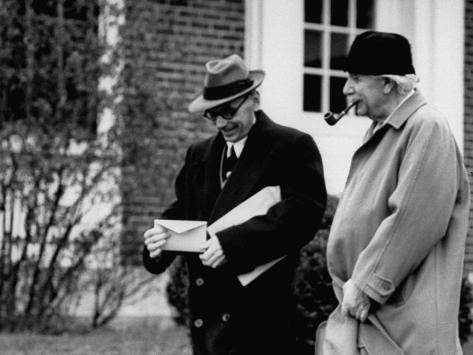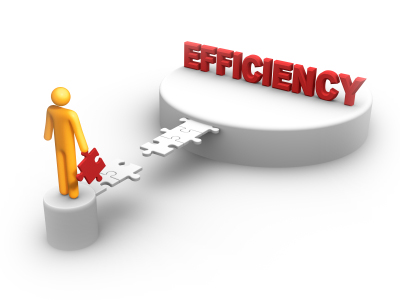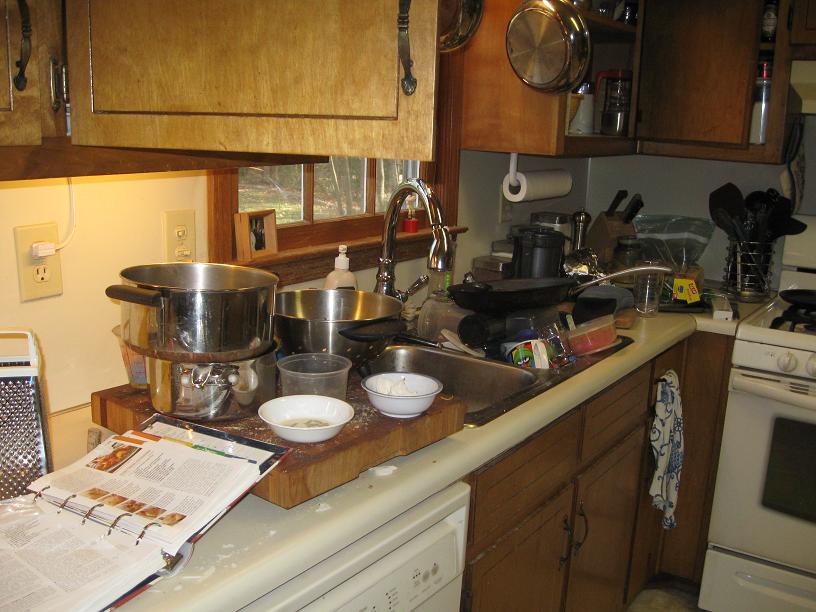From the frazzled homemaker, to the stressed-out executive, we never seem to have enough time, do we?
There must hundreds of time management books, programs and pages, and I wonder how well these ideas and techniques work in everyday life or at the office.
A Walk with Albert Einstein
 |
Kurt Gödel and Albert Einstein |
I am walking with Herr Professor on the lovely campus of Princeton, and we have quite a lengthy, intriguing conversation. I come to realize our reflections on the cosmos and on humanity have practical implications for that homemaker and executive.
I study Einstein, and try to get a grip on his notion of space and time, for example, as bound up together. In fact he referred to it as one word ‘spacetime.’ There is quite a lot about physics that I am very much working to grasp, but practically speaking I could see how space and time were essentially one.
Think about where you are now.
Let’s suppose you’re in the family room sitting by your PC, or perhaps you're on-the-go with your smartphone, reading this article. Now walk around, and you see that it takes time. Moving about, wherever you may be, always takes time. So space affects time.
That’s one key point.
Here’s the other key point. Time affects space, too.
Imagine doing a time-lapse photography of your family room, say, over the course of a week, and that space changes. In that period, you and your family do all kinds of things in there and that room looks different from one moment to another.
What if you go on a long vacation or, worse yet, simply abandon your house? Recall the film ‘The Time Machine,’ based on the book by HG Wells. Over centuries and millennia, that wonderful family room will erode, decay, and completely disappear.
So, just as space affects time, time affects space. The two are intricately woven together like delicate embroidery.
Algorithm for Efficiency
So what does this mean for managing time and being more efficient?
It means, simply, that if we are going to manage time truly effectively, we must take into account space. We must account for (a) the layout of the space around us and the various objects in it, and (b) our movement about that space.
So technically we ought to call it Space-Time Management à la Einstein, do lots of workshops and videos on this, and make boatloads of money! Because, no doubt, everyone will literally go for it, and it will be viral phenomenon on the internet.
Apologies, I digress!
 |
| (image credit) |
The Core Algorithm
The Core Algorithm is the platform for this algorithm. Here are some crucial questions to weigh, as we go through the three steps:
- Begin with the end in the mind. How badly do you want to be more efficient? How much you want something determines, in part, whether you will actually get it. If you’re already efficient, and you’re honestly not interested in more ideas, then that’s fine. No need to bother with this. It's not a good idea to pursue a goal that you feel half-hearted about, as this is a recipe for failure.
- Walk backwards to map the pathways. That is, from where you want to be, back to where you are now. What do you need to do to be more efficient? What things can have an immediate impact on your efficiency? Are there things you have to prepare for, or look into, in order to have such an immediate impact?
- Walk these pathways. Will you actually do what you need to do? That is, once you’ve clarified what you want and need to do. There is no magic formula, no free lunch, as far as accomplishing your goal is concerned. You actually have to walk those pathways, that is, take action, between where you are now and where you want to be in the future.
But regardless of where your motivation is on the cycle, are you fundamentally committed to doing things more efficiently? If this is indeed an important objective for you, then explore how you can raise your personal commitment and optimize your motivation cycle.
If this isn’t really important to you, then don’t bother. There are a lot of things, I’m sure, that are more important for you to deal with.
Desk Efficiencies
 |
| My desk in Dubai |
I didn’t have a separate study in my apartment in Dubai, so I worked in the dining room and used the dining table. I set up my laptop, printer, papers and other paraphernalia here and there. I didn’t have a shelf or file cabinet, but used a bookcase behind me for keeping little tools, like stapler and scissors, tucked away.
After a while I realized that I often had to get up to get these things. I often had to stand and reach for tissue, because I had placed the box three feet away from me on the table.
It was a simple matter of moving things closer to me, where I sat, so I didn’t have to get up or reach too far for them. The most important things to me were now closer, from my smartphone (BlackBerry, back in Dubai) to reams of paper for the printer.
Now, on any given day, the amount of time and energy I saved by applying my Algorithm for Efficiency were admittedly small. Over time and across situations, however, the efficiency gains become greater. Imagine people in your office implementing ways to be more efficient, and the savings in time, effort and costs can be huge.
Kitchen Efficiencies
 |
| (image credit) |
How did I apply the Algorithm for Efficiency?
I picked one large plate, one small plate; one fork, spoon and knife; and one glass; and put everything in a drying rack next to the sink.
My rules were: (a) Use only these, and not the other plates, glasses, utensils etc. in the cabinet and drawer. (b) After a meal, wash each piece. (c) Leave them on the rack (don’t put them away) and keep them ready for the next meal.
You know that it takes more time, effort, soap and water to wash off dried-up, caked-in food on the plate, if dirty dishes have been sitting for several days in the sink. However, washing it immediately after using it, and it takes literally seconds of time to wash, with minimal use of energy and resources. I don’t even have to use hot water.
After just one month of applying these techniques, and experimenting personally with my algorithm, I saved about 10% on my water and electricity bill. I estimated saving well over 25% of time and effort washing dishes. I am a simple, economic guy already, so these cost and time savings were worthwhile for me.
Laundry Efficiencies
 |
| (image credit) |
But in Dubai, the dryer I bought simply didn’t work as effectively. It would take four hours to dry two bed sheets, for example.
I learned, however, to use a clothing rack. In fact, putting it outside on my balcony meant it would dry in a handful of hours, due to the everyday sun and heat. All free, as it’s natural resources.
What’s more, just as with my dishes, I sometimes left clothes on the rack, and pull them off when I wanted to wear them. That is, instead of folding them, and putting them away in the cabinet.
I had a stack of bath towels in the closet, that I would cycle through each one. What I did via my algorithm, instead, was cycle between two main towels. As one towel dried, I would replace the one in the bathroom, which would then go in the laundry basket for washing and hanging.
I’d wash bed sheets in the morning or afternoon, and by evening time, they were fully dry and I can replace them back on the bed. I didn’t need to fold them, or retrieve other linen in the closet.
What is your Algorithm for Efficiency?
 |
| (image credit) |
The most important thing is that you come up with whatever ideas, techniques or strategies that work best for you, in relation to your purpose, goal or problem.
In a way The Core Algorithm is a set of meta-rules, that is, rules that help you come up with your own rules for getting things done in your day-to-day life.
So let me ask you, then: How much of a challenge is managing time and tasks for you? What techniques or strategies work best for you, and which ones don’t work as well? Please share your experiences and ideas!
Finally I’m planning to write a book on The Core Algorithm. But depending on your interests and responses, I can write a book entirely on handling these everyday exigencies. Let me know what you think.
Depending on your ideas, I can include them in my book. With your permission, giving you clear credit for them, of course.
© 2013 by Ron Villejo, PhD
No comments:
Post a Comment